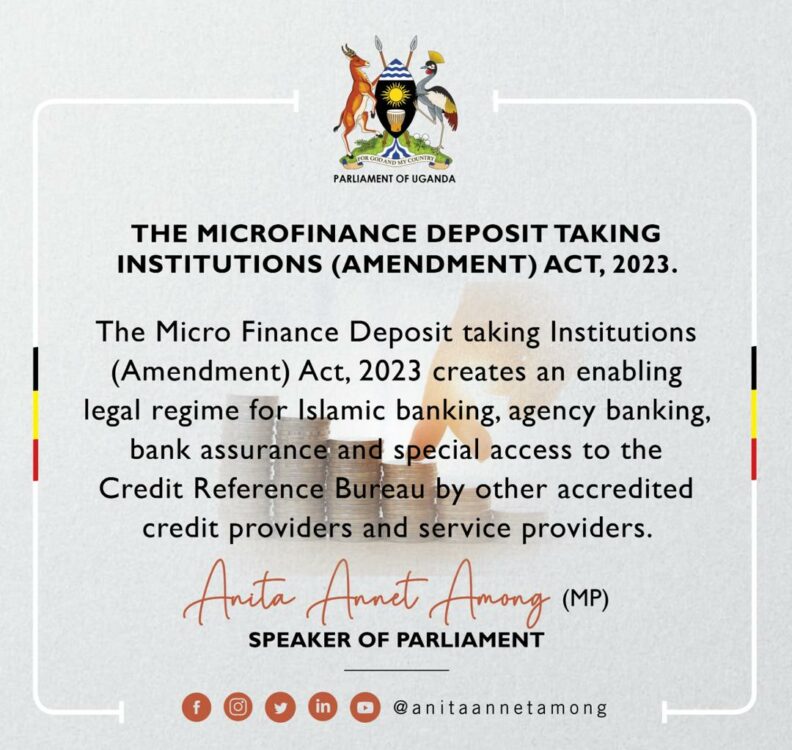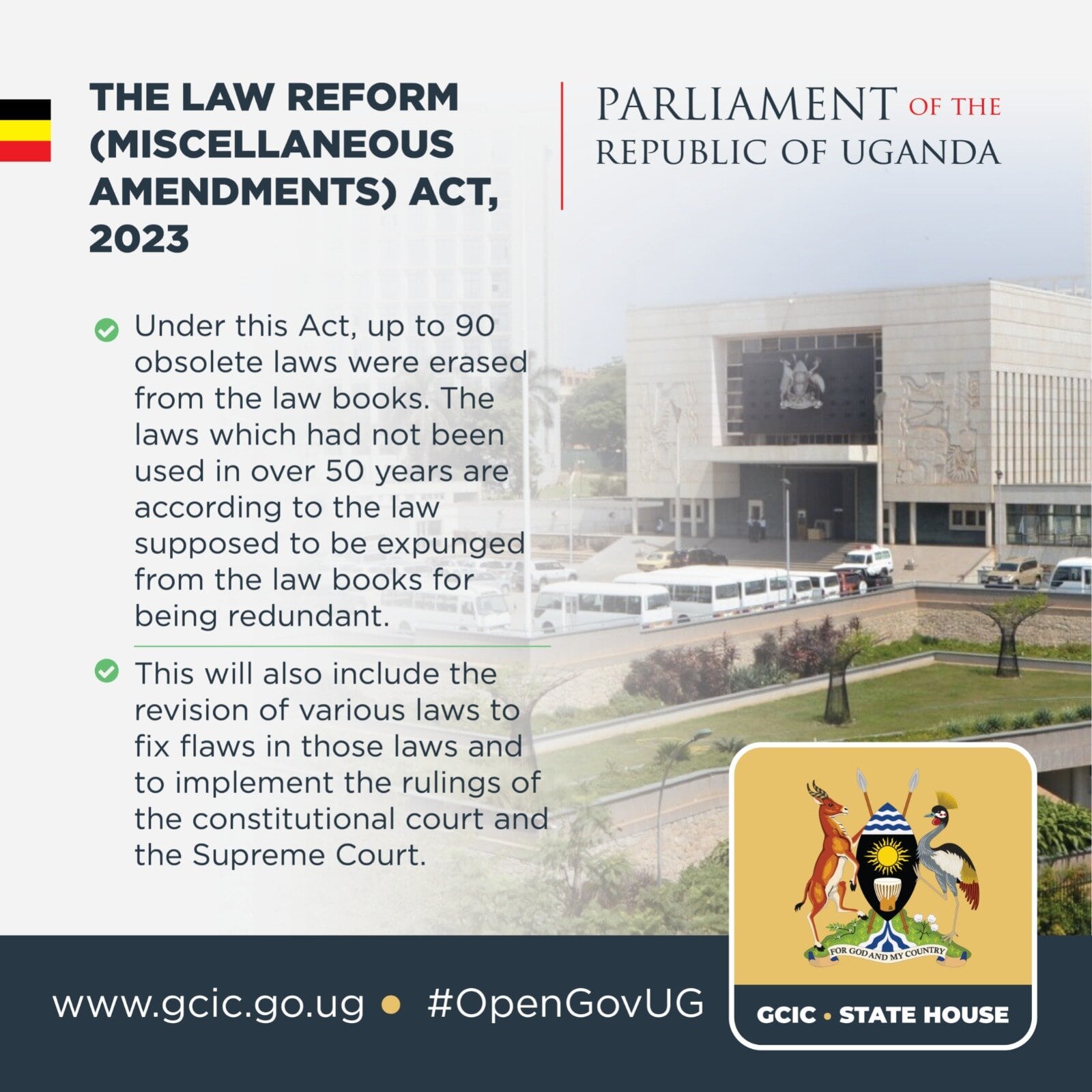Key Tenets of the newly passed Micro Finance Deposit-Taking Institutions (Amendment) Act, 2023
June 23, 2023
INTRODUCTION
The object of the Micro-Finance Deposit-taking Institutions (Amendment) Bill, 2022 was to amend the Micro Finance Deposit-Taking Institutions Act 2003 to provide for the use of the word ” bank” by Microfinance Deposit Taking institutions; to provide for Islamic banking; to provide for bancassurance; to provide for agent banking, to provide for special access to the Credit Reference Bureau by other accredited credit providers and service providers; and for other related purposes.
1. Agent Banking
Under Section 4 of the Amendment.
The rationale for this is to bring financial services closer to the people and foster financial inclusion. While the benefits of agency banking have been enjoyed by the clients of Tier 1 and 2 banks with the 2016 amendment of the Financial Institutions Act, 2004, the same had not been experienced by the MDIs since the law had not been amended to allow them to have agents.
2. Islamic Banking
Under Part IIIA inserted in the Principal Act
This is premised on the fact that Islamic Banking as an alternative to traditional banking has its intended benefits that low-income and rural savers and borrowers were excluded from accessing. Islamic Banking will thus further propel asset-based micro-economic growth among rural and peri-rural savers, whose assets are the only way to access interest-free financing from MDIs engaged in Islamic Banking. This is particularly significant for government which would benefit in terms of programme funding without having to incur huge fees.
Financing Arrangements under Islamic Banking;
There are four categories of financing arrangements under Islamic banking-.
i) Partnership financing. Under partnership financing, assets are owned by the Financial Institution and the customer. The Financial Institutions’ portion is sold to the customer over the term or on conclusion of the contract.
ii) Equity-base financing. Here, capital is provided by the Financial Institution and managed by the customer. The profits arising from such management of capital are shared between the Financial institutions and the customer.
iii) Lease-based frnancing. Assets are purchased by the Financial Institution and leased to the customer. These are akin to leases in conventional banking.
iv) Sale based financing. Assets are purchased by the Financial Institution and sold to the customer at a mark-up. The customer thereafter pays for the asset in installments.
3. Bancassurance
Part IIIB – Conduct of Bancassurance by Micro Finance Deposit- Taking Institutions
With the current insurance penetration levels in the country at a measly 2%( as per the Country Diagonistic Report on Market and Regulation of Micro-Insurance in Uganda undertaken by the Bank of Uganda’s Financial System Development Programme in November 2013). Permitting MDIs to offer bancassurance services is a way to ensure its growth as this shall enable affordable and accessible premiums for low income earners.
4. Reduction in number of share owned by a single shareholder in an MDI
Under Section 21A; from 30% to 25%
This is because the concentrated shareholding among MDIs poses a higher risk to customers. It is therefore best international practice and aligns with Basel core principle 6 relating to significant ownership to limit the number of shares owned by the largest shareholder in an MDI to 25%.
5. Constitution of the Board Audit Committee
Under section 22A
This is aimed at legitimizing the Consolidated Corporate Governance Guidelines as issued by the Bank of Uganda in October 2022 whose aim is to reinforce sound corporate governance principles among financial institutions under its supervision, including MDIs.
Conclusion and Analysis
Currently, the existing MDIs have been offering limited services compared to commercial banks. The new law has been put in place to cure the inadequacies of the Micro Finance Deposit-Taking Institutions Act, 2003. This is because some of the provisions of the old law have proved to be barriers to the new financial product developments and innovations which are less costly and consumer driven.
These summarily include among others; the conduct of Islamic banking which has become a popular form of micro-finance business especially because of its less reliance on interest, selling of insurance as a way of achieving financial inclusion for a large proportion of the population with less costs and importantly, the use of agents will enable Micro Finance institutions to bring services closer to the people who are not necessarily within the banking sector.




